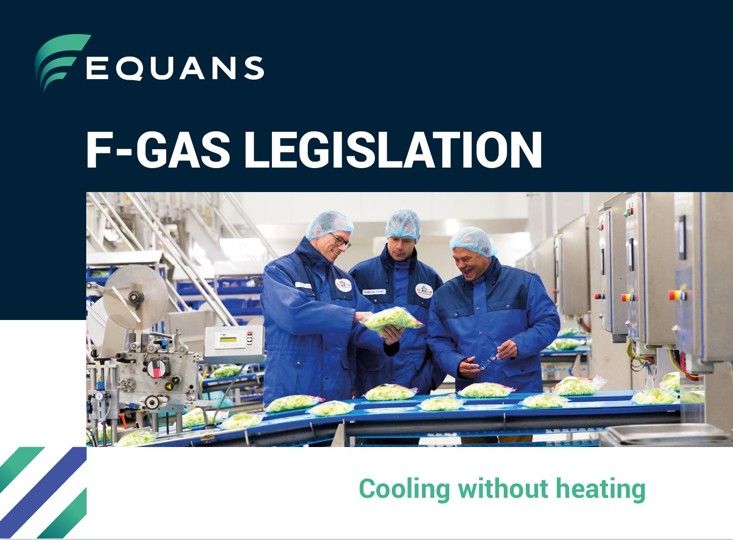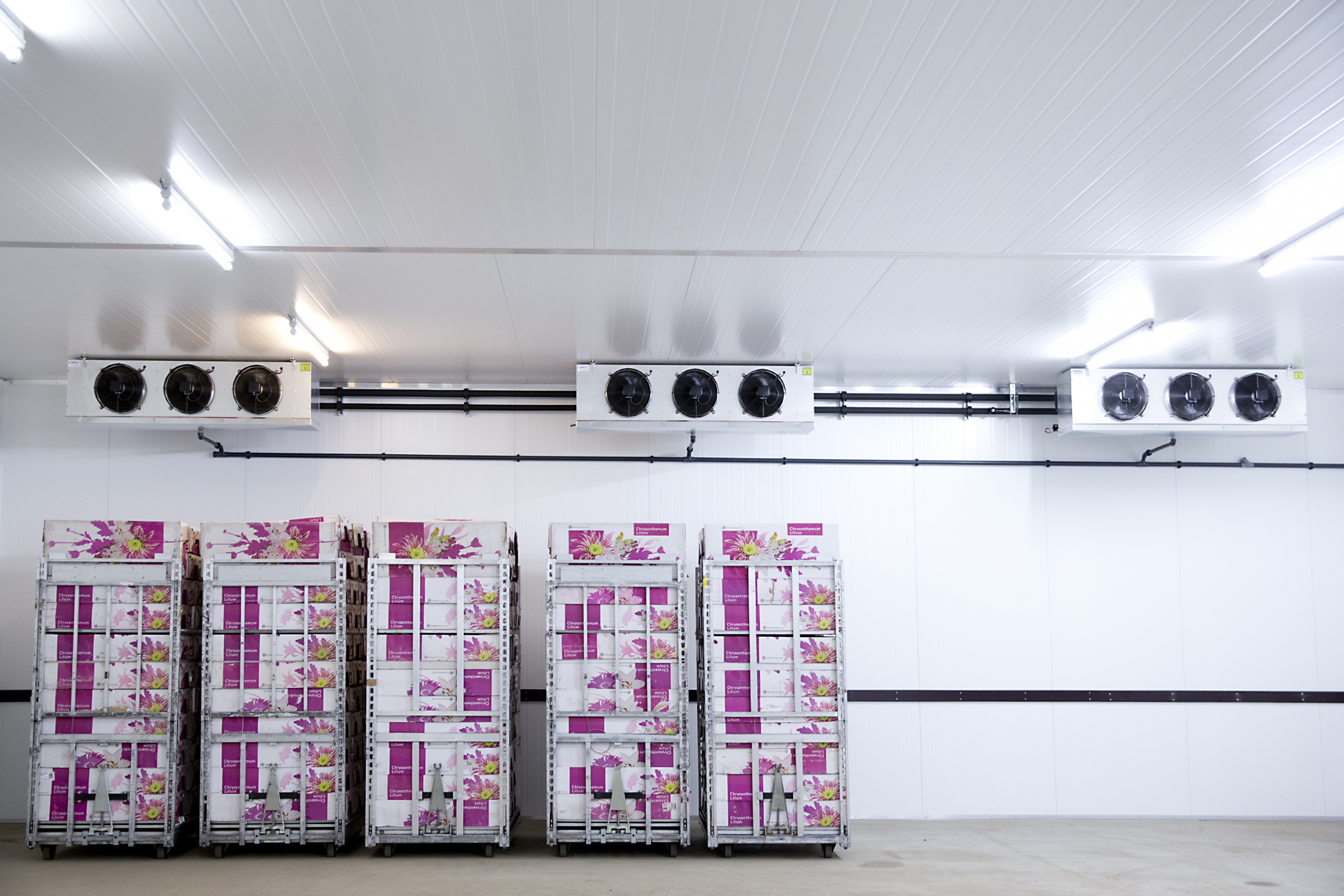What are the regulations on R134a, R407C and R410A?
The commonly used synthetic refrigerants such as R134a, R407C and R410A have a GWP value higher than 2,500. As a result, their production is being phased out. By 2020, around 40% of the total production of synthetic refrigerants have been phased out. By 2030, only 20% of the currently produced synthetic refrigerants will be allowed to remain on the market.
This group of synthetic refrigerants is not subject to a ban on use. This means that installations using R134a, R407C and R410A can simply be refilled after 2030. However, there will be significantly less synthetic refrigerant available in the future due to production limitations. This creates uncertainty about the price and therefore the cost of refilling an installation with R134a, R407C and R410A.

Want to secure your business operations? Take advantage of the opportunities of phasing out synthetic refrigerants.
Request a free information brochureHow can I phase R134a, R407C or R410A refrigerants out?
If you are planning to buy a new refrigeration system, we advise you to look at sustainable alternatives. More and more new refrigeration systems use natural refrigerants such as ammonia, CO2, propane or butane. These solutions are environmentally friendly and highly energy efficient. They also allow you to comply with legislation in the long term. As a business owner, you can also benefit from attractive tax schemes.
Read how natural refrigerants can help improve your bottom line

Are you curious about how our refrigeration technology with natural refrigerants works in practice every day? Then read the case study from CONO Cheesemakers. We designed a new ice water plant using ammonia. With this we made the producer of Beemster cheese a more sustainable cheese factory.

